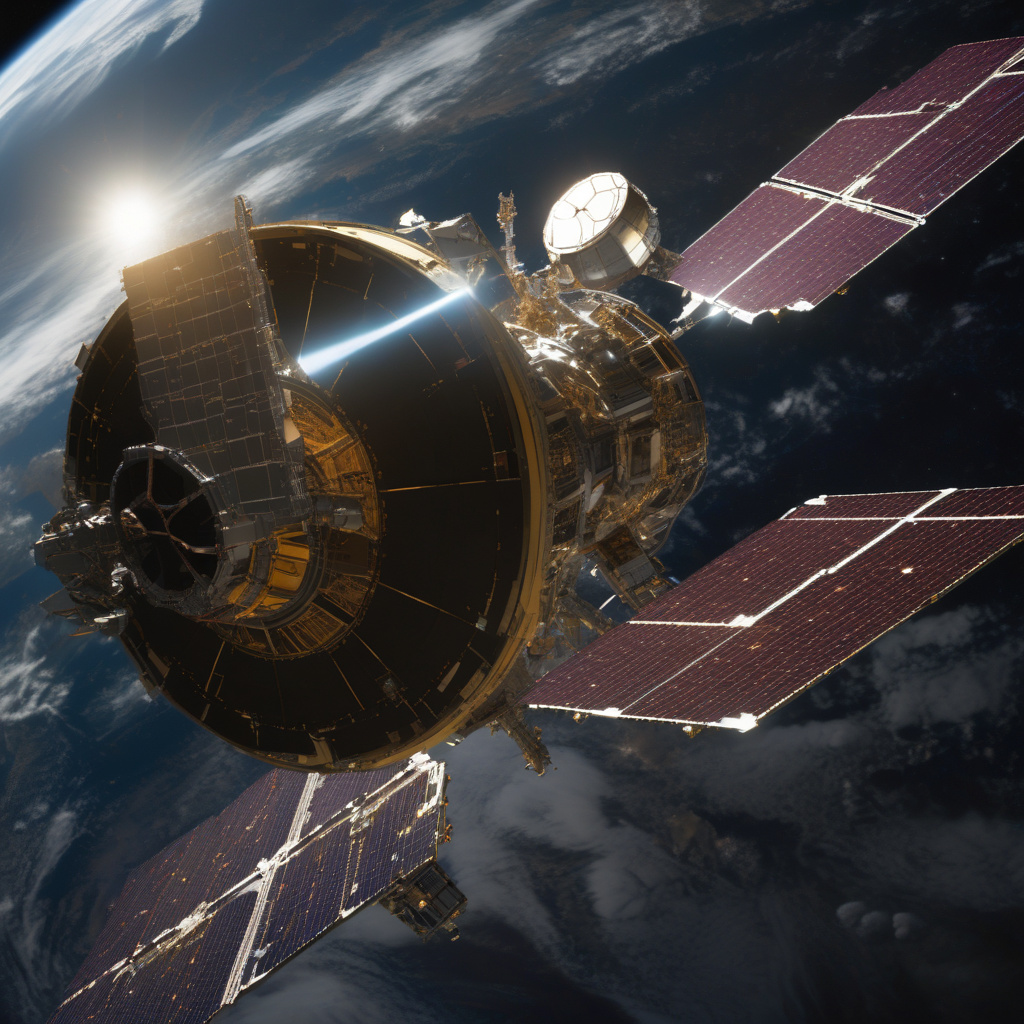Russia’s Secretive Cosmos 2553 Nuclear Satellite Malfunctions, Risks Military Fallout
Russia’s ambitions to militarize space may have suffered a major blow. According to U.S. analysts, the Cosmos 2553 satellite, suspected to be nuclear-powered, has experienced a critical malfunction. The satellite, launched in June 2020, has been exhibiting erratic behavior, sparking concerns about potential radioactive fallout in space. This incident not only raises questions about the reliability of Russia’s space technology but also the implications it carries for global security and the future of space exploration.
The Cosmos 2553 satellite is part of Russia’s secretive program aimed at enhancing its military capabilities in space. While the exact purpose of the satellite remains shrouded in secrecy, its nuclear power source sets it apart from conventional satellites. The use of nuclear energy enables the satellite to operate for extended periods without the need for frequent refueling, providing it with a strategic advantage in terms of longevity and autonomy.
However, this advantage has now turned into a liability as the malfunction jeopardizes not only the satellite itself but also poses a significant risk of spreading radioactive debris in Earth’s orbit. The prospect of a nuclear-powered satellite spinning out of control raises concerns about a potential collision with other satellites or the International Space Station, creating a cascade of debris that could endanger future space missions and infrastructure.
The incident with the Cosmos 2553 satellite underscores the challenges and risks associated with the militarization of space. While space has traditionally been viewed as a domain of peaceful cooperation and scientific exploration, the growing number of countries developing military space capabilities has raised tensions and increased the likelihood of conflicts extending beyond Earth’s atmosphere.
In response to the malfunction of the Cosmos 2553 satellite, Russia has been tight-lipped, offering minimal information about the nature of the incident or the current status of the satellite. This lack of transparency only fuels speculation and raises suspicions about the true intentions behind Russia’s space activities. The international community is left to wonder about the extent of the damage caused by the malfunction and the potential measures that may be needed to mitigate the risks it poses.
The implications of the Cosmos 2553 incident go beyond the immediate technical and safety concerns. They highlight the urgent need for enhanced space governance and regulation to prevent similar incidents in the future. As more countries develop and deploy advanced space technologies, the risks of accidents, conflicts, and the weaponization of space continue to grow. It is imperative for the international community to come together to establish clear guidelines and protocols for responsible behavior in space to ensure the peaceful and sustainable use of this critical domain.
The malfunction of the Cosmos 2553 nuclear satellite serves as a stark reminder of the fragility of space infrastructure and the potential consequences of its militarization. It calls for greater accountability, transparency, and cooperation among spacefaring nations to prevent such incidents from escalating into larger crises that could have far-reaching implications for humanity’s future in space.
#Russia, #Cosmos2553, #SpaceSecurity, #MilitarizationOfSpace, #GlobalGovernance











